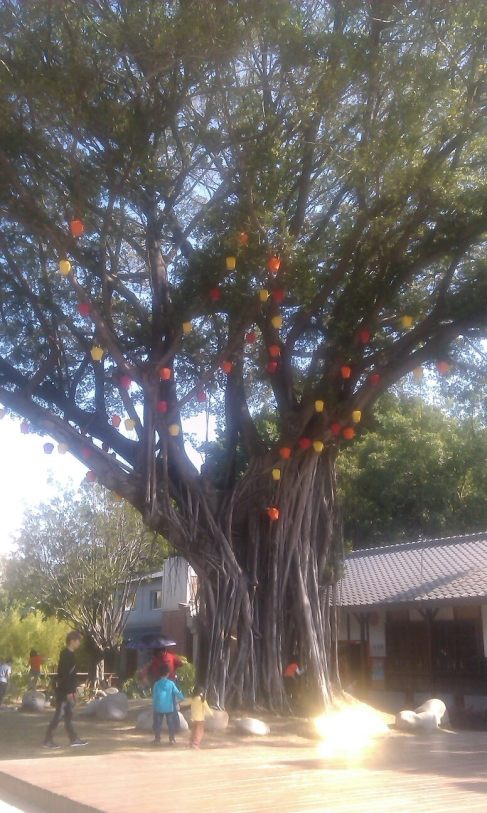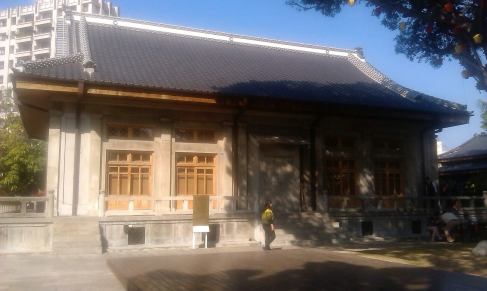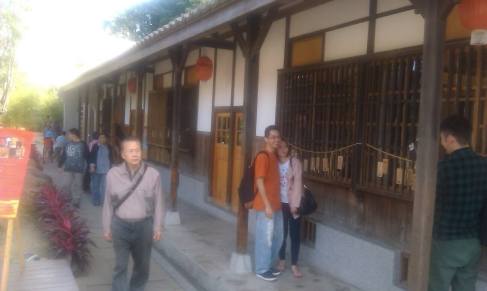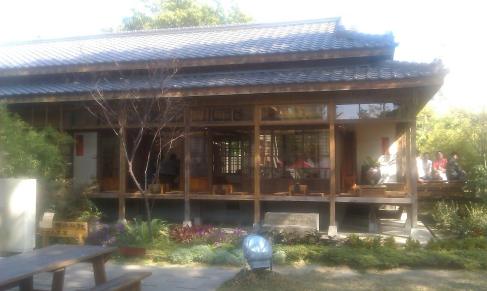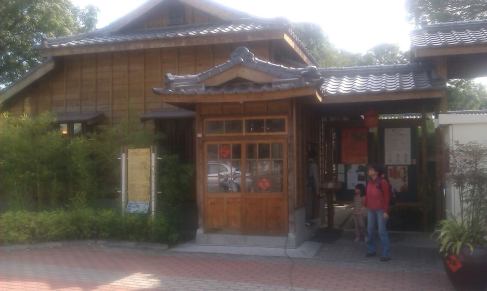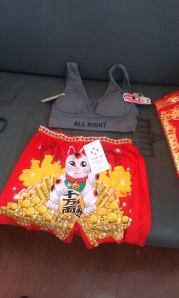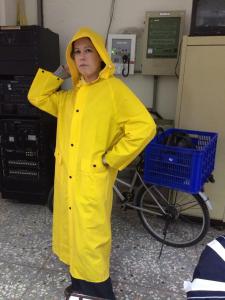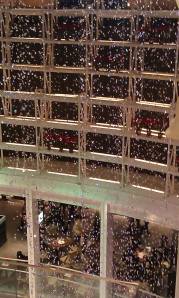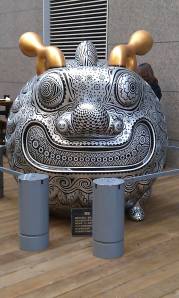Culture shock is a painful thing to experience. I have stabs of it; but for the most part I’m doing ok because I’ve had a spate of good luck that has buoyed my mood. I was researching culture shock a month ago because I was suffering from it much more intensely in the small town where I lived.
Basically, the stages of living in a foreign land are the “Honeymoon phase”, when everything seems wonderful and new and you’re thrilled and it’s all exciting. For me that lasted two months. Then 3-12 months are the “Negotation phase” where the culture shock part kicks in. The difficulties due to language and culture barriers become magnified and sometimes overwhelming. Depression is a big part of this. Even now, living in Taichung, I find myself often unwilling to negotiate finding places in other parts of the city. My comfort zone grows slowly.
One part of culture shock that I feel creeping in and saw on display yesterday is disdain for the people of the country one is living in. When you’ve traveled a lot, it’s easy to look down on those who haven’t. They just don’t know that their ways are not THE WAYS of the universe. They tend to be less accepting of difference. I met a French graduate student who wafted disappointment (legitimately so), over her grad program. She was pretty down on the Taiwanese people; seeing them as inefficient and childish. That is an easy snap judgement to make about them, but there’s a lot of evidence that there’s more to the Taiwanese than that.
It’s important for the traveler to remember that travel is still the privilege of the wealthy and/or educated. Especially in traditional societies; travel for young people isn’t encouraged. The tightly knit communities that discourage a lot of outside exploration are conducive to flourishing in their own societies. How do you keep them down on the farm after they’ve seen gay Paris? And what if you really really need them on the farm? I’ve experienced first hand the degree to which Taiwanese people rely on their networks of family and friends. It’s really not in their interests to encourage their kids to backpack across Europe.
This leads a lot of expats to gather together. I used to scoff at this; people who flee their country only to set up a facsimile somewhere else. But now that I’ve become one, I see that that is only one tiny part of the story. There are a handful of people like that, but most expats are extensively well-traveled. They’ve visited and lived in many places and gather together because they want to be around other travelers. Travelers are less risk-averse, have different schedules, priorities, experiences, and world views than others. I don’t think they’re better, but they are definitely a sub-culture. Expats gather because they want to be around people like them, which is natural.
So what do you do for the 5 month blues? Give in and find expats, but at the same time, try not to disdain the locals. Try to understand how their lifestyle really does work for them. Try to notice all the ways they are kind and not focus on the crazy old men who give you shit for wearing a tank top even though it’s warm out. I delight in pointing out the ways Taiwanese culture differs from American culture, but I do want to understand why Taiwanese ways make sense to Taiwanese people.
